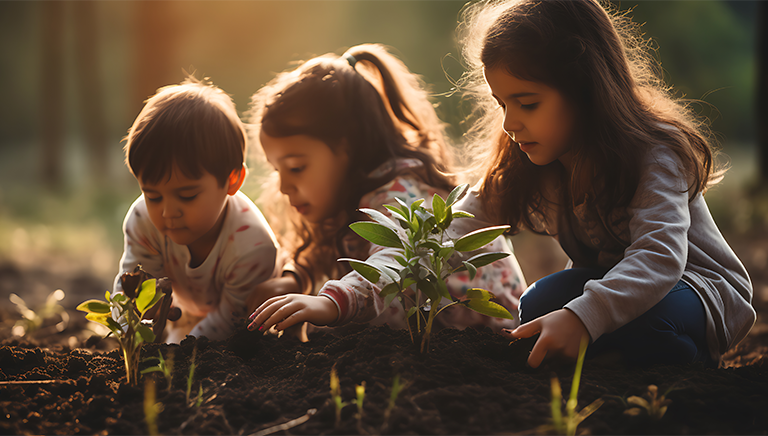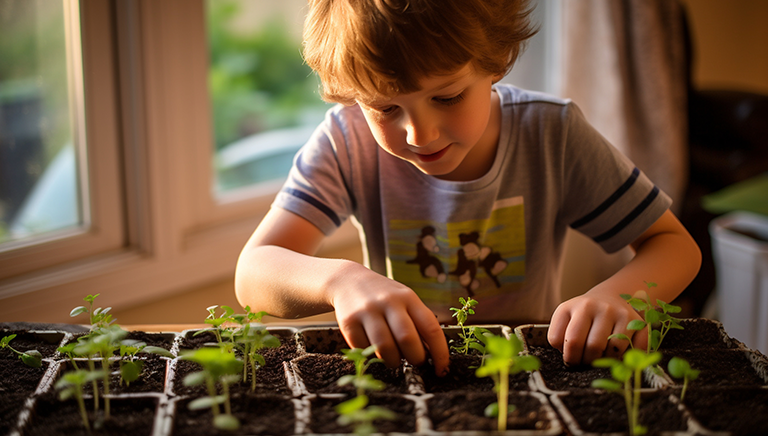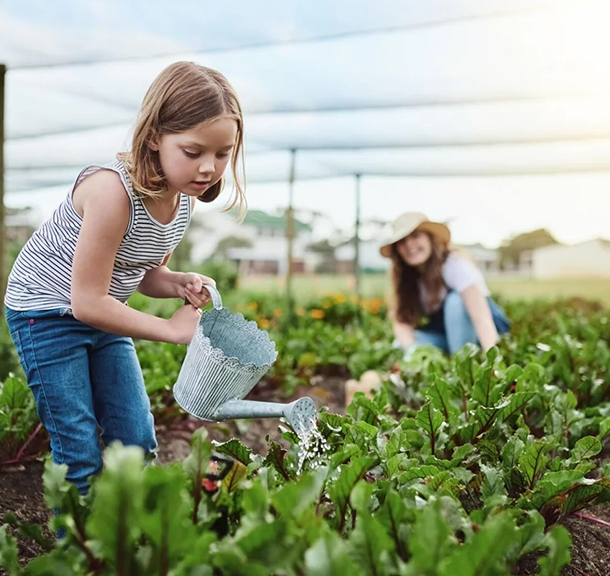

With schools closed for summer break, parents often look for engaging and enriching activities to keep their children occupied during the long vacation months. Why not encourage your little ones to develop green thumbs by embarking on fun and educational gardening projects suited for kids? Here are some ideas to inspire curiosity and love for nature while teaching essential ecological, biological, and mathematical concepts.
1. Vegetable Gardens
Introduce children to the joys of growing their own food by creating a kid-friendly vegetable garden. Allocate a section of your yard or use raised beds for easy maintenance. Encourage them to participate in every step—from planning, preparing the soil, sowing seeds, watering, and harvesting. Select beginner-friendly veggies like radishes, lettuces, peas, carrots, cherry tomatoes, and bell peppers. As your children witness their efforts bear fruits (literally!), discuss photosynthesis, pollination, germination, and other related scientific topics.

2. Container Planting
For those living in apartments or homes without yards, container gardening offers flexibility and convenience. Fill pots with potting mix and allow your kids to pick colorful annual flowers or herbs like basil, mint, parsley, or cilantro. Teach them about drainage holes, proper watering techniques, and sunlight requirements. Additionally, demonstrate how to pinch off faded blooms or prune leggy growth to promote bushier plants.

3. Low-Maintenance Options
If your family members are busy or novice gardeners, consider starting with low-maintenance choices. Succulents require minimal care yet offer visual appeal with their diverse shapes and sizes. Air plants are another option, which don’t even need soil! Alternatively, select native plants adapted to local conditions requiring less attention than exotic species. Explore regional resources listing native flora, including wildflowers, shrubs, and groundcovers.
Educational Benefits
Integrate various subjects into your gardening adventures:
- Math: Measure distances between plants, calculate spacing ratios, estimate yields, convert units of measurement.
- Ecology: Observe insects, birds, amphibians attracted to your garden, identify symbiotic relationships, analyze food chains, discuss habitat conservation.
- Biology: Investigate parts of plants, understand cellular processes like photosynthesis, study plant adaptations, compare annual vs. perennial growth patterns.
- Geography: Research geographical distribution of specific plants, discover climatic zones influencing agriculture, exchange seed varieties with fellow gardeners across regions.
Final Thoughts
Cultivating a passion for gardening early on encourages environmental awareness, fosters patience, and instills appreciation for natural beauty. By involving your children in selecting, designing, and maintaining their very own green spaces, you equip them with lifelong skills promoting health, happiness, and sustainability. Get started today and watch your little ones blossom alongside their beloved plants!
– SBIS Editorial team
Quick Links
Newsletter
© 2024 - Sunbeam International School. All Rights Reserved.


